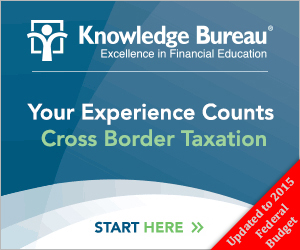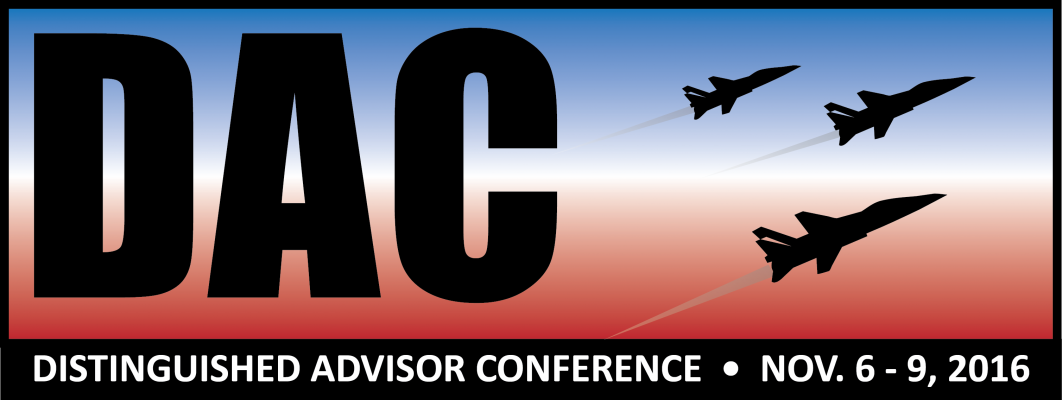Last updated: December 01 2015
Hybrids For HENRYs: High Earners, Not Rich Yet

The assets controlled by today’s 34-year-olds will quintuple in coming years, but only 17% of adult children have a relationship with their parents’ advisors. Ignoring them may be one of the most significant mistakes today’s advisor may be making.
In fact, in the face of dramatic demographic change and the advent of robo-advice, an excellent opportunity to make current practices more efficient is emerging, according to Nicholas VanDerSchie, Head of Advisor Solutions, North America, for Morningstar, who recently spoke to delegates at the Distinguished Advisor Conference (DAC) 2015. He cited several more important trends to consider in rethinking value propositions in the financial services:
- In Canada, more than 85% of advisors have over 10 years' experience in the industry, and 44% have 10-20 years; however, the client base is getting younger as wealth begins to transfer to the next generations. In fact, the coming wealth transfer is massive: About half of all investible assets will be passed on from your clients to their partner or their children.
- Seventy-five percent of widows fire the financial advisor in the year after their husband dies.
- Millennials, with their generally high levels of student debt, may not look that appealing as clients on the surface, but think of them as HENRYs: High Earners, Not Rich Yet. These folks are the high-net-worth clients of the future.
“To grow your practice in the future, you need to position it now to serve more of these younger clients. You need to find ways to serve them profitably today, although they do not bring the high net worth of your boomer clients . . . yet,” VanDerSchie pointed out.
He also noted that more and more firms are adopting a hybrid business model—digital combined with the human element—to serve the full range of their client base and to lay the foundation for growing their business with a whole new generation of clients.
“Consider the full spectrum of investment advice, from highly customized for the high-net-worth client to automated robo-advice,” he said. “You can segment your book of business according to where groups of clients fall on the spectrum and determine the appropriate service level for each segment.
“For example, you may provide full, personal, custom service for your wealthiest clients, while offering younger ones with much lower investible assets ‘light advice;’ that is, access to a human advisor via phone rather than face-to-face meetings, as well as online services and information.”
VanDerSchie noted that firms that offer this kind of hybrid solution for clients who are underserved by the full-service business model, command ten times the assets compared to those who offer digital (robo-advice) only. “Obviously the power of the human component is enormous, even if it’s on a call-in basis only,” he said.
 |
In the US market, outsourced, automated advice solutions are 29% of the market and growing the fastest, whereas at the other end of the investment spectrum, custom advice represents 20%; however, the majority of the market, fully 51%, has moving to a hybrid model that combines human and robo-advice.
Embracing the outsourced model at least to some extent has a number of benefits, he noted:
- Allows you to service a larger number of multi-generational clients with varying degrees of wealth.
- Enables you to focus on areas that add the most value and to outsource those that don’t, increasing the efficiency and profitability of your practice.
- Frees you up to be a relationship manager rather than just an investment manager, and to add indisputable value for your clients as a result.
The moral? Before you dismiss robo-advice as a passing trend or ignore it because it poses a threat to your business, consider ways to incorporate it into your practice to stay relevant and to grow in the future.
 |
Adopting a hybrid service model that you can adapt for different client segments will allow you to stay competitive in a rapidly changing industry, to attract new households and assets while serving them profitably, to diversify your practice in a demographically optimal way, and—most importantly—to deliver great outcomes for your clients.
The Distinguished Advisor Conference is held once a year in locales where Canadians retire. For information about the DAC, Nov. 6-9, 2016 in San Diego, CA, click here.
|
Refer a Friend |
Research |
Calculators |
Course Trials |
 |
 |
 |
 |




